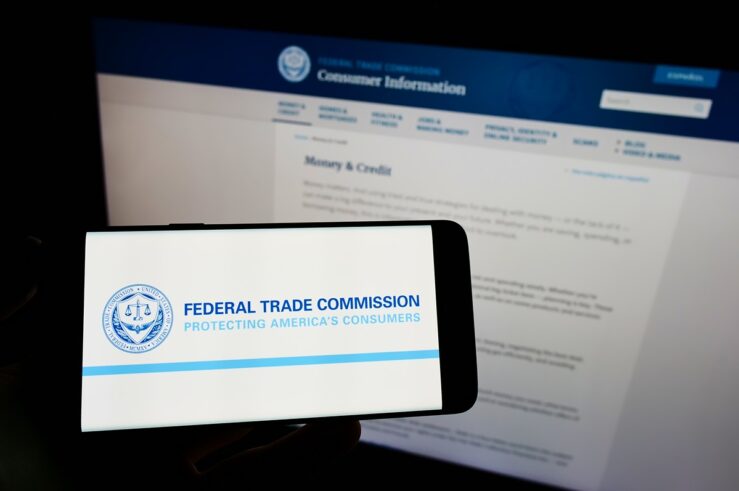Yaniv Grinstein and and Stefano Rossi have an interesting paper, Good Monitoring, Bad Monitoring, on the effect of corporate law, and specifically of the famous Delaware case Smith v. Van Gorkom and the Delaware legislature’s subsequent “fix” of that result. Here’s the abstract:
We estimate the value of monitoring in publicly traded corporations by exploiting a natural experiment. A Delaware Supreme Court decision unexpectedly held directors liable for monetary damages for breach of fiduciary duties. The ruling signaled a sharp and exogenous increase in Delaware Courts’ scrutiny over board decisions. We analyze the impact of the ruling on stock returns using matching and differences-in-differences techniques. We find that, compared with appropriately matched non-Delaware firms, Delaware-incorporated firms in high-growth industries lost (CARs of -2.10%) and firms in low-growth industries gained (CARs of 1.40%) in the [0,10] window around the announcement of the Supreme Court decision. A later regulatory reform to the Delaware Code that reversed the effects of the Supreme Court decision had opposite results: firms in high-growth industries gained and firms in low-growth industries lost significantly. Our results shed light on the complex interplay of courts and regulation and on its implications for shareholder value.
In the conclusion the authors state: “We interpret these results as implying that “one-size-fits-all” models represent inadequate solutions to the corporate governance problem.” In other words, a strict duty of care is good for some companies but not others.
This suggests that firms should be allowed to contract to tailor regulation to their needs. But the Delaware code revision did just that — allow firms to contract. Yet returns for low-growth firms dropped, despite the fact that the statute allowed these firms to remain subject to the strict care standard.
Does this suggest that corporate contracting is flawed? Or what?




